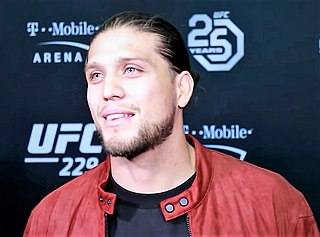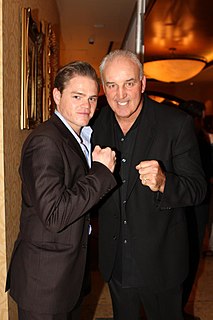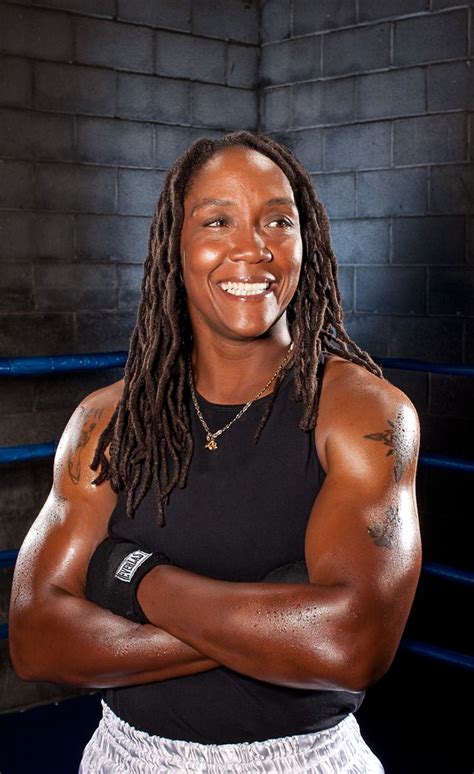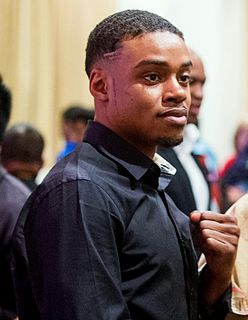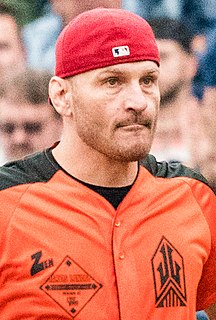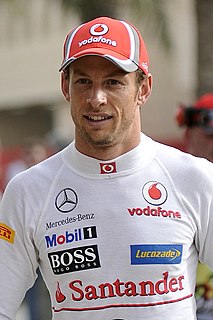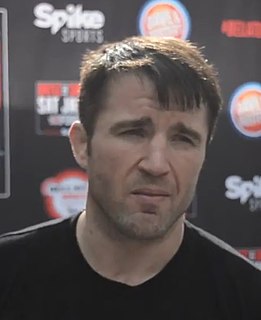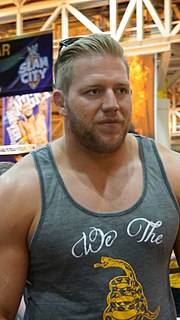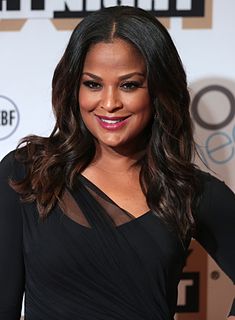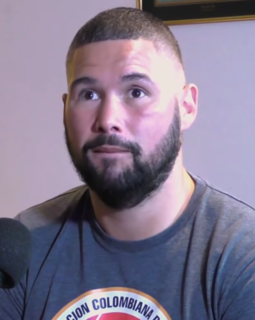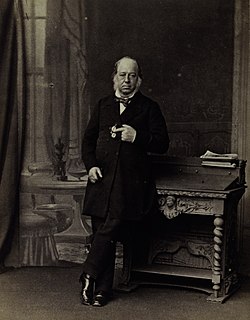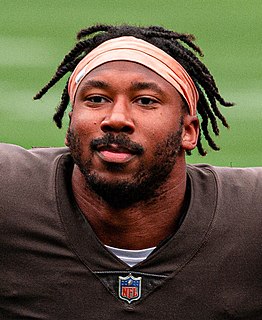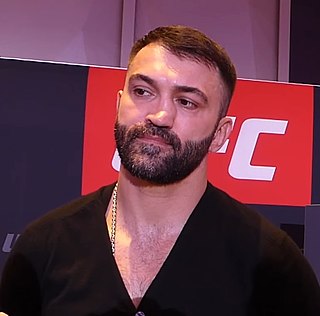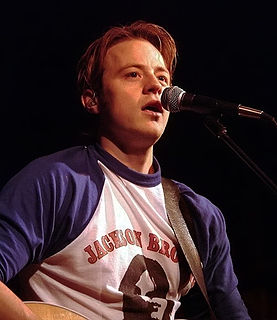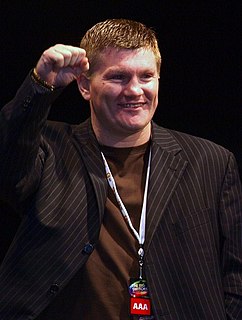A Quote by Brian Ortega
Pretty much, I was a hometown fighter, and everyone was pulling for me. Now I'm a hometown fighter again. It's a lot of pressure because you don't want to let people down. They're yelling your name and chanting for you.
Related Quotes
One thing I see in a lot of coaches is they try to live through the fighter. You can't live through the fighter. You gotta allow the fighter to be the fighter, and do what he do, and you just try to guide him. Why should I have to live through a fighter, when I went from eating out of a trashcan to being eight-time world champion? I stood in the limelight and did what I had to do as a fighter. I've been where that fighter is trying to go.
People know my name, and because of that, I have more leverage as a professional fighter. And as a professional fighter, as a professional wrestler, that is something we are all battling for. We want to make our brand a name brand and a household name. And that essentially gives us more leverage and helps us provide for our families.
There's a song called 'The Lights of My Hometown' that goes back to me growing up a regular kid. I mean, I lived in a town that I loved, but was too small for the dreams I was dreaming. You leave thinking the world has a lot more to offer than your hometown, only to realize years down the road that no matter where you grow up, you will never be able to recreate the innocence and feeling of 'home' anywhere else in the world. No matter who you are, or where that little town is, that's something we all have in common.
